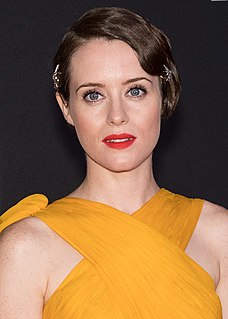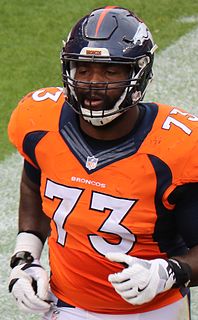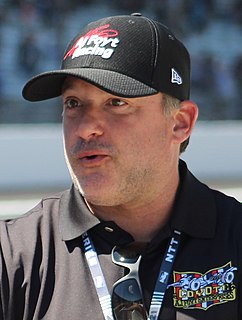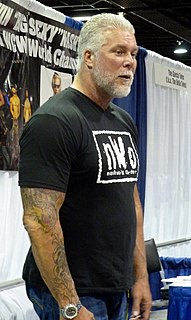A Quote by Claire Foy
Any scene I've ever played where I've thought people who watch it had experienced something like that - for example, people who've had to deal with losing a parent - I want to do it as respectfully as possible for those people.
Related Quotes
Everybody wants to win. You know, nobody ever wants to feel like they lost. That was probably one of biggest lessons I learned. You don't want to be that guy sort of banging fist on table telling somebody what you want. People want to feel like they had enough value on both sides that the deal worked out on both ends. I had an incredible team in place that really supported me and I would not have been able to get the deal done had it not been for those people.
I never thought I had the ability to not watch. People think I watch MSNBC's "Morning Joe." I don't watch "Morning Joe." I never thought I had the ability to, and who used to treat me great by the way, when I played the game. I never thought I had the ability to not watch what is unpleasant, if it's about me. Or pleasant. But when I see it's such false reporting and such bad reporting and false reporting that I've developed an ability that I never thought I had. I don't watch things that are unpleasant. I just don't watch them.
The people who've done well within the [Hollywood] system are the people whose instincts, whose desires [are in natural alignement with those of the producers] - who want to make the kind of movies that producers want to produce. People who don't succeed - people who've had long, bad times; like [Jean] Renoir, for example, who I think was the best director, ever - are the people who didn't want to make the kind of pictures that producers want to make. Producers didn't want to make a Renoir picture, even if it was a success.
Had Elijah Muhammad tried to introduce an orthodox form of Arab-oriented Islam, I doubt if he would have attracted 500 people, but he introduced a form of Islam that would communicate with the people he had to deal with. He was the king to those who had no king, and he was the messiah to those some people thought unworthy of a messiah.
I just thought that was so interesting, that people that deal with bodies on a much more corporeal level, like the attendants, had a whole different set of criteria than doctors, and that they had this secret knowledge of something. I thought it was strange and interesting, so I took it to my script.
People never seemed to notice that, by saving time, they were losing something else. No one cared to admit that life was becoming ever poorer, bleaker and more monotonous. The ones who felt this most keenly were the children, because no one had time for them any more. But time is life itself, and life resides in the human heart. And the more people saved, the less they had.
Obama administration didn't have one person who had ever worked in business. Not one Obama cabinet member had ever seriously had a job, run a company, met a payroll in the American economy. And, as such, no way of understanding how business is done, from negotiations to any other aspect of it. In fact, people in Obama's cabinet were arrogant and condescending and looking down on those people as a bunch of shysters and a bunch of cheats and people that kill their customers and they're destroying the planet.
When we were doing the "Angel Dust" thing we got information from the National Institute of Drug Abuse because we knew that if we went out and said something about angel dust people were going to ask questions about it and we wanted to be sure we had all the information to deal with it when those questions came up. So it's all a question of being as prepared as possible out front, so that if you are going to deal with information it'll be correct. A lot of people won't check it out but some people will.
Dropping of the atomic bomb was the main subject of conversation for many years and so people had very strong feelings about it on both sides and people who thought it was the greatest thing they'd ever done and people who thought it was just an unpleasant job and people who thought they should have never done it at all, so there were opinions of all kinds.
I'm one of those people who can't watch themselves do anything. I could never watch myself wrestle. I've probably watched a handful of my matches. I never could watch myself. Even when I played college basketball, I hated film days... 'Oh God, I'm gonna watch myself screw up.' I'm just one of those people who can't watch their work.




































